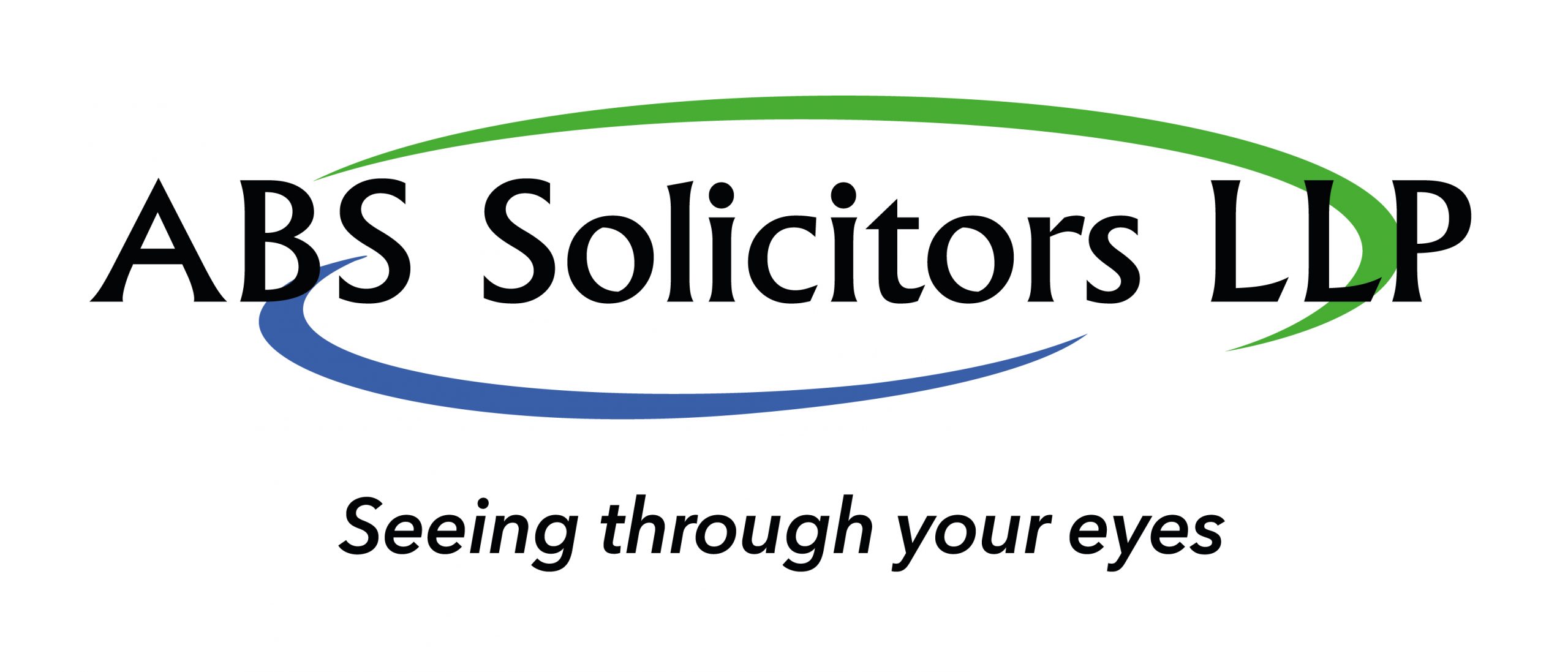The High Court faced an application for a Parental Order relating to a surrogacy arrangement made in Germany.
Background:
Mrs. W and Mr. W applied for a Parental Order application for their son F who was born via surrogacy in December 2023. F was conceived via home insemination using Mr. W’s gametes and the first respondent's egg, which was carried to term by the first respondent. The parties have been friends since October 2018. The respondents are a German same-sex couple in a civil partnership who have since had four children together. The two couples have enjoyed a solid and enduring friendship.
Mr. and Mrs. W always wanted children but, by the time they met, Mrs. W was unable to conceive. They looked into adoption and fostering but felt that it was not the right option for them. They joined Surrogacy UK and attended various meetings but realised that few surrogates were available. They travelled to Germany in February 2023 to visit K and E. K offered to be a surrogate on their second day there. K’s motivations were entirely altruistic and she did not wish to receive any payment. However, given that she would have to forego her work as a teacher, Mr. and Mrs. W were eager to offer reasonable compensation. The applicants paid the surrogate €12,454 to cover her loss of earnings and medical expenses. Mr. and Mrs. W were present for the birth of F and bonded with him immediately.
Decision:
The High Court made a Parental Order transferring legal parenthood from K to Mr. and Mrs. W. The Court found that the statutory criteria for making a Parental Order under Section 54 of the Human Fertilisation and Embryology Act 2008 (HFEA 2008) were satisfied, including that the child was conceived artificially with the applicant father's gametes, the applicants were married, the application was made within 6 months of birth, the child lives with the applicants, the applicants were over 18, and the surrogate gave free and unconditional consent with full understanding. Making such an order was therefore in the child’s best interest.
Regarding the payment, the Judge concluded that the payments were reasonable expenses and did not require any authorisation. There was clearly a lack of any formal commercial arrangement. The lack of a contract documenting the surrogacy arrangement was not regarded as being problematic in light of the evidence that they were longtime friends and trusted one another.
Implications:
This case highlights the importance of following procedure and ensuring that the Court is presented with sufficient evidence. The Court was satisfied that the criteria detailed in Section 54 of the HFEA 2008 had been met.
Regarding the monetary compensation, English law only permits reasonable expenses as commercial arrangements are not accepted. ‘Reasonable expenses’ is quite a vague term although, in this case, the amount paid to cover loss of earnings and medical expenses, including private midwifery services, was considered reasonable.

